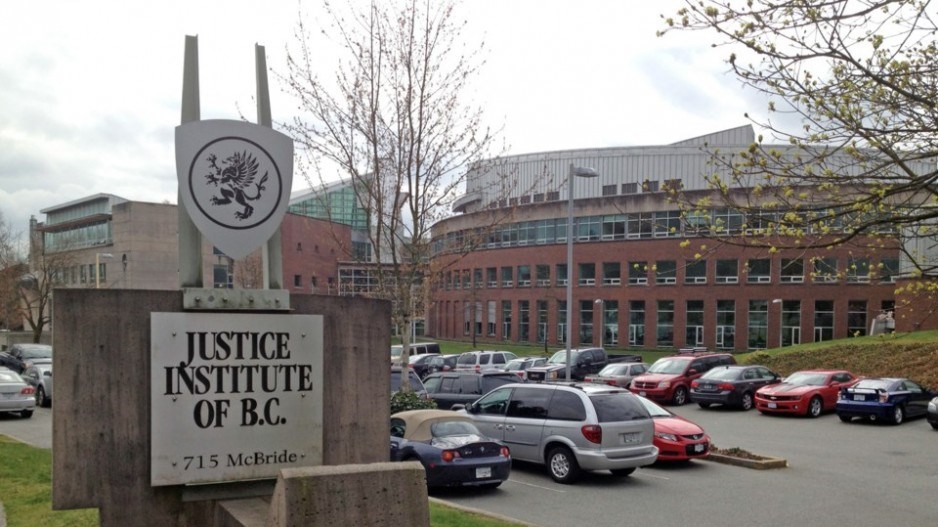Police training capacity and funding should be increased in B.C. in order to deal with officer shortfalls, Union of BC Municipalities (UBCM) delegates voted Sept. 20.
A resolution put forward at the UBCM’s Vancouver annual convention said changes to the Justice Institute of BC’s (JIBC) police academy funding model have included the province limiting its contribution to approximately $2 million per year, with remaining costs transferred to UBCM members with municipal police departments.
The resolution said the demand for new police officers continues to increase, as does B.C.’s population thus creating additional demand on the academy. That, it said, impacts local police departments.
It said when the province’s 2021 funding decision was first announced, it indicated that affected communities would be paying approximately $19,095 per recruit sent to the academy.
“In just over two years, that cost has risen to over $23,000 per recruit,” the resolution said.
Coquitlam Coun. Craig Hodge said the new Surrey policing model has put further demands on the academy. He noted the academy is the only option for the training of municipal police forces (RCMP training is done in Regina).
The resolution said, according to the most recent provincial data, from 2021, municipal police departments in B.C had a combined authorized strength of 2,496 officer positions.
The Surrey Police Service, as of August 2023, has hired 332 police officers, and has indicated its intent to hire over 800 police officers in total.
The UBCM did address the issue in a 2021 letter to the Ministry of Public Safety and Solicitor General, which responded saying the academy funding framework wasn’t sustainable, and that a shared funding model with communities aligned with responsibilities set out in the current Police Act.



